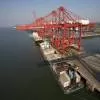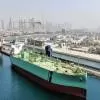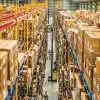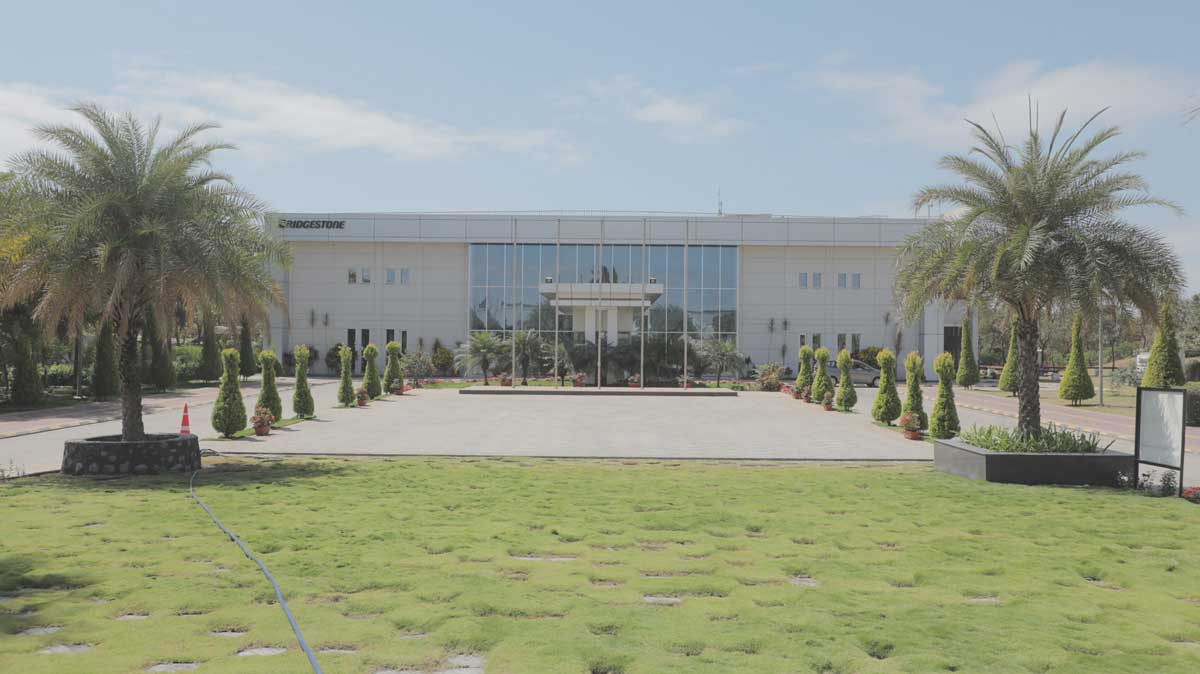
Redefine the future of urban mobility! Join us at the Metro Rail Conference 2025 to explore groundbreaking ideas and insights. 👉 Register today!
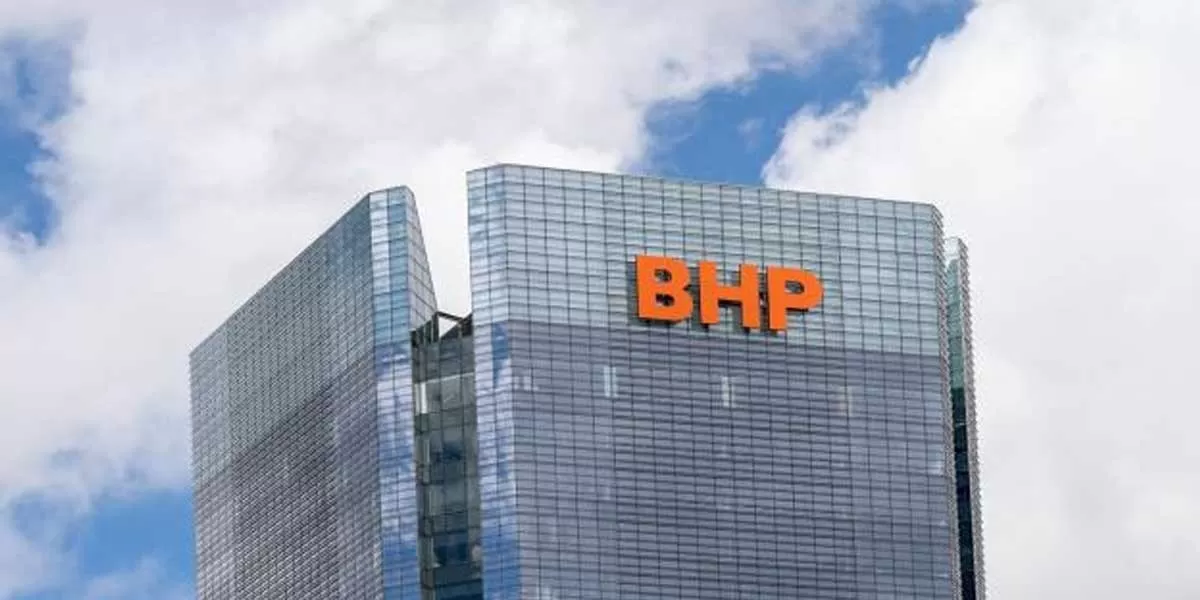
BHP Reports Higher Copper and Iron Ore Production in December Quarter
BHP Group, the world’s largest listed miner, reported increased production for the December quarter, with iron ore output inching up and copper production surging 17%. The gains were driven by operational efficiencies and richer ore quality at its key sites.Iron ore production at the South Flank operations in Western Australia reached 73.1 million metric tonne, slightly up from 72.7 million tonnein the same quarter last year and in line with the Visible Alpha consensus estimate of 72.8 million tonne.Copper output rose sharply to 510,700 tonne, attributed to improved processing and richer ore..

India to Prioritise Railway Modernisation in 2025/26 Budget
The Indian government is set to significantly increase funding for railway modernisation in the upcoming federal budget while making a modest rise in road infrastructure allocations, according to two government sources. Prime Minister Narendra Modi’s administration, which has prioritised infrastructure spending to boost economic growth post-pandemic, is now shifting focus to railways due to challenges in road project execution. Finance Minister Nirmala Sitharaman will unveil the 2025/26 budget on February 1. The railways ministry is expected to receive a budget allocation of Rs 2.9..
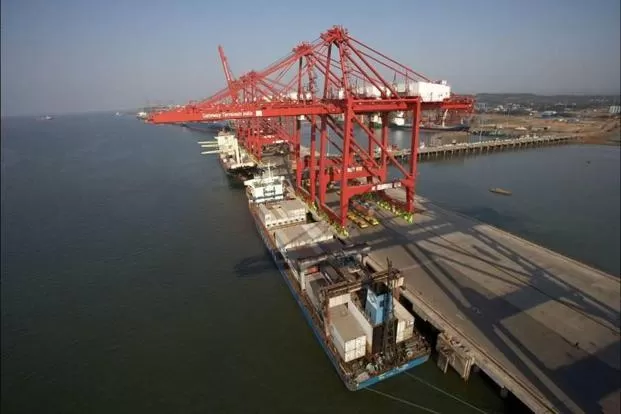
MSC Launches Feeder Service Linking Haldia and Vizhinjam Ports
Mediterranean Shipping Company S.A. (MSC), the world’s largest container shipping line, has introduced a feeder service connecting the Haldia Dock Complex of the Syama Prasad Mookerjee Port Authority with the newly operational container transshipment terminal at Vizhinjam, Kerala, managed by Adani Ports and Special Economic Zone Ltd. Previously, containers for the Kolkata/Haldia trade route were transshipped through Colombo, a regional hub. The new "Haldia Shuttle" service, operating every ten days, marks the first feeder service linking an Indian gateway port to Vizhinjam after India estab..





